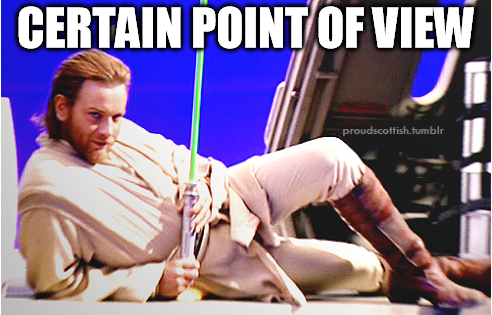So characters make a morality roll even when they've gained no conflict? That means they are always gaining morality.
Emotional strengths and weaknesses are mechanically redundant. Conduct is gained regardless of the traits you choose and only through actively hurting others in some fashion. Your strengths and weaknesses do nothing.
The system claims it's foolproof but to gain list morality all you need to do is commit a terrible act and gain more than9 conflict so that you can't roll higher. Thus you lose morality inevitably.
The system is headword to awarding and spring good behavior even though it allotted characters to fall to the dark side. Such a character generates extra dark side destiny points, but they still only benefit the gm. Those points will still work against the characters even if they are all dark side. In fact the more of then that are will mean the gm gains more dark side points.
Disappointing; this is by far the worst of the 'behavior' systems so far.
